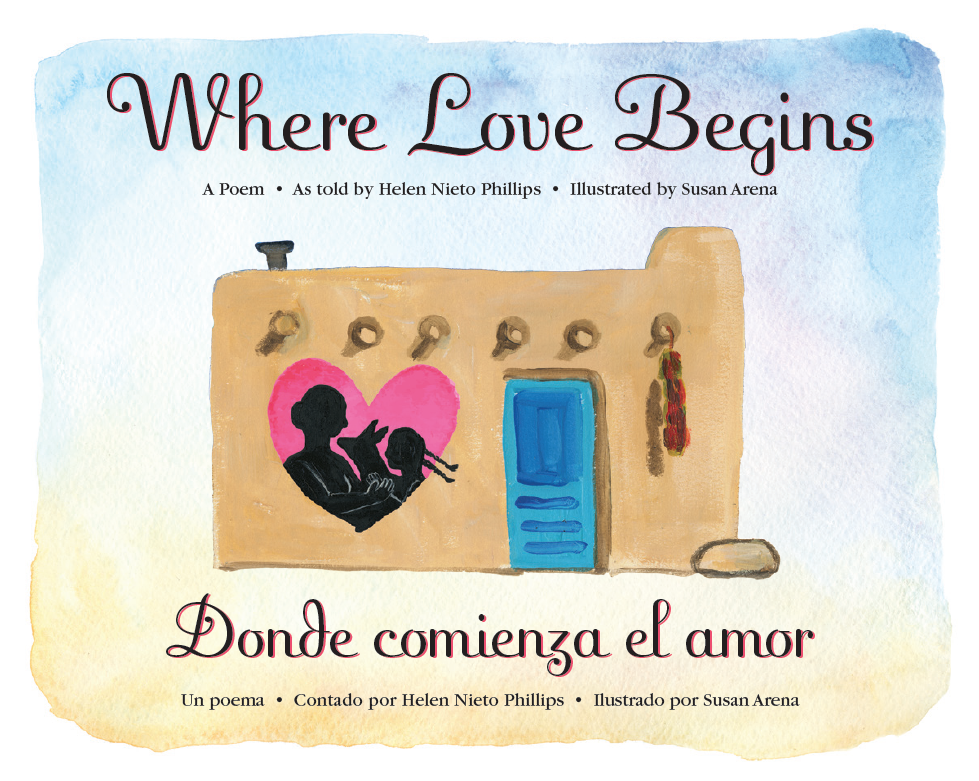Latino identity is complex and the more people you ask about defining that identity, the more unique and varied the answers will be. Some would tell you there is an identity crisis among the Hispanic and Latino communities. That’s right, both terms are valid because, while “Latino” and “Hispanic” are often used to describe the same ethnic group, the members of those groups will insist that they are not interchangeable. In fact, each term has a different meaning. Where “Hispanic” has been used historically to classify anyone of Spanish-speaking origins, the term “Latino” was used more often around the year 2000 to include mixed races like “mulato” and “mestizo” and people from Brazil who speak Portuguese.

But while the debate over the two terms creates an identity crisis, language is another source of uncertainty for Latinos. For many who live in this country they struggle with the need for becoming bilingual and that concern is no greater than for children who are English Language Learners trying to get a grasp of the language in school. Unfortunately, many struggle with learning the language, perhaps because their parents are not familiar with it and possibly have limited education themselves. Some parents are concerned about losing their culture during the assimilation process and would like their kids to be able to keep their culture and language.
There are a considerable number of Latino families living in the United States where three generations are living under the same roof. The children are being taught English in schools whose grandparents reside in the household. Parents are caught in the middle between the necessity for helping their children succeed in the United States and trying to hold firm to the cultures and traditions of the elders. This causes a problem for children who need to practice using the English language so they may learn it effectively. But if their parents are unable to speak English, some children can face their own identity crises as they grow older and try to succeed in school.
Language is what often defines us and there is a whole generation of Latino youth who have come to this country stuck between a culture demanding they adapt to American mores and parents and grandparents who are still holding firm to the culture from where they came. This can cause a great deal of strain on a child who is still trying to figure out who he or she is and where they belong in the world.
If a family has engaging bilingual books in the home, it’s a win-win for a family where parents speak Spanish and their kids who are learning language at a faster rate. Parents and grandparents can read in Spanish to the kids, and the kids can read in English to their parents and learn new vocabulary together. For parents who speak Spanish, The Latino Family Literacy Project, is a White House Bright Spot for Educational Excellence with Hispanics and offers training and programs to help parents read to their children in Spanish and English.
